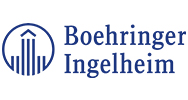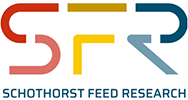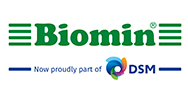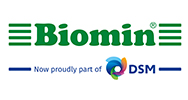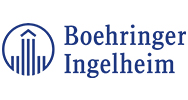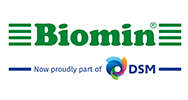
If there’s any webinar you simply can’t miss these months it should be this exciting Pig Progress webinar “Tackling the Gut Bugs” on September 8. This webinar, focused on optimising gut health in weaner pigs, will bring a multitude of answers for a multitude of viewers. The subject will be viewed from a multidisciplinary approach, supported by well-known animal health and animal nutrition experts. In addition, it shall have a strong Q&A component to ensure a great interaction with our audience – and on top, it will be broadcast twice, once with an emphasis for an audience in Asia and Europe, and once for an audience in the Americas and Europe. This webinar is brought to you in cooperation with Boehringer Ingelheim and Biomin, part of DSM. No reason to miss this webinar, and we look forward to seeing you on September 8.
This webinar will be held twice on September 8. The first session will be at 8:00 CET and the second session at 15:00 CET. This way there will always be a webinar that suits your timezone and schedule.
Register here:
8:00 CET:
15:00 CET:
Speakers

Dr Suphot Watthanaphansak, Instructor Deputy Director of Large Animal Hospital, Faculty of Veterinary Science, Chulalongkorn University
“Interaction of Lawsonia intracellularis with the intestinal microbiome”
Knowledge about the interaction of intestinal infections with the microbiome is rapidly emerging. Dr. Suphot Watthanaphansak will talk about the latest research after the change off microbiome due to Lawsonia intracellularis.Dr Suphot will speak at the 8:00 CET webinar.


Prof Nicholas Gabler BS, PhD, Full Professor in Animal Science at Iowa State University, Ames, Iowa, USA
“New insights on Lawsonia intracellularis infections related to pig digestive capacity”
Infections with Lawsonia intracellularis are known to influence feed efficiency but the exact underlying mechanisms are still quite unclear. Prof Nicholas Gabler will share the latest insights on the interaction of this pathogen with the intestinal function resulting in the abolition of digestive machinery, and how to mitigate these effects.
Dr Gabler will speak at the 15:00 CET webinar.
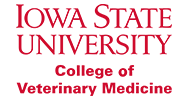

Rutger Jansen DVM, Global Technical Manager Boehringer Ingelheim
“Effect of oral vaccination against Lawsonia intracellularis on a microbiome defense against Salmonella infections”
Lawsonia and Salmonella infections are known to enforce each other, leading to severe intestinal disease. Recent studies show a clear effect on how oral vaccination against Lawsonia influences the pigs microbiome. As a result, Salmonella infection are mitigated. Key in this mechanism is the change of the microbiome towards an short chain fatty acid producing microbiome in the pigs intestines. With a single intervention, the pigs microbiome can be influenced in a positive way for a prolonged time contributing to increased food safety.

Anouschka Middelkoop PhD, Researcher swine nutrition at Schothorst Feed Research
“Intestinal problems and antimicrobial resistance in pigs”
The use of antibiotics in animal production has important implications for animal health, animal welfare, and food safety. Antimicrobial use inevitably results in selection for antimicrobial resistance, which is a growing public health threat at the global level. Limiting antimicrobial use and resistance is therefore high priority for sustainable pig production. In this introductory presentation we will guide you through the various intestinal challenges that pigs are facing in relation to antimicrobial resistance among pathogenic bacteria in the pig gut.

Dr Nataliya Roth, Global Product Line Manager at Biomin, Expert on Antimicrobial Resistance
“Impact of phytogenics and enhanced acidifiers on the microbiome and resistome of swine”
Porcine intestinal microbiota is directly influencing the growth performance, feed efficiency and productivity. Microbiome, pathogenome and resistome load can be influenced by feed additives due to their targeted antimicrobial efficacy. Especially the reduction of antimicrobial resistant bacterial population displays the potential of some substances. Microbiota-targeted strategies to improve productivity is an effective tool to reduce antimicrobial use and resistance in animal production and provide a sustainable and reliable swine production in the future.

Dr Mahdi Ghanbari, Scientist, DSM BIOMIN Austria GmbH
“Onsite Metagenomics: Novel NGS Technologies Will Bring Microbiome and Resistome Analysis to The Farm”
In recent years, DNA sequencing methods have become faster and more affordable, as the sequencing devices have become smaller and portable. This allows researchers to leave the lab and sequence microbial communities closer to their natural environment. Animal husbandry can benefit from these new methods that give fast insights into the complex microbiome of the animals environment and gastro-intestinal tract.

Vincent ter Beek, Host and editor for Pig Progress

Partners


